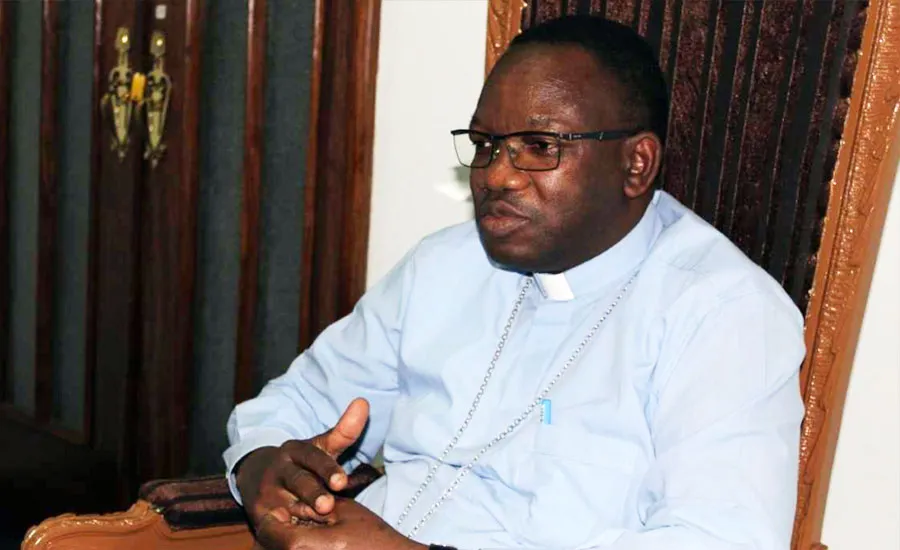ACI Africa: Did you receive financial support from the government of Mozambique?
Bishop Antonio: The government did not give us money, but we have been working together. Although this kind of visit is also on the side of the State because he (the Holy Father) is also the head of the Vatican State, he is our Pastor. So, it is also an Apostolic visit.
The government was particularly involved in the area of infrastructure. They demolished some structures and build new ones. They have given us the stadium. They are building the place where Mass will take place.
The government was also involved in the shipment of the Popemobile – the transportation from Kenya to Maputo was done by the government. The government minister concerned has sent me some photos confirming that the Popemobile arrived. We planned to go and see it today but I did not manage because of the many meetings.
ACI Africa: This has clearly been a huge undertaking. What are some of the challenges you have faced in coordinating this visit?
(Story continues below)
Bishop Antonio: We drew the program and we did the communication. But now we are seeing that communication was not effective, perhaps because of the short time and also perhaps because of the lack of possibilities. Some people are coming from the neighboring countries and they did not communicate. So, they are arriving without registration and we have to attend to them. Some are coming from other parts of this country without prior communication. All these have to be attended to because we cannot leave people on the road then say because you did not communicate, you did not register, we don’t have a place to put you. We have to receive them and that has been a big challenge. These are people related to the Church. For instance, a priest arrived from Zimbabwe and we were asking him, but who are you and where are you from, how did you come without registration? He said that he once phoned a (religious) sister and that she had told him that there was no problem and that there are many places (to stay) so he could just come. So, he came. And we had to be charitable and we helped him.
Another challenge has been that of time. It was very short. We have had to work hard. The Church works with volunteers. Many of them are lay people who have make compromises. Sometimes we had to do meetings at night to fulfil our objectives. So, time was a big challenge to make really good preparations.
But, we are very happy because in this short time we did many things. We ran around the country, had meetings, workshops about this (Papal visit). We had to make known the theme of this visit, that is, Hope, Peace and Reconciliation, which we did all over the country. The Catholic University helped us with that and it was very nice to discuss with people about hope, peace and reconciliation.
ACI Africa: It is good to know that you were able to go beyond the challenges. What are some of the opportunities in the process of preparing for this trip?
Bishop Antonio: The Pope’s visit has brought us opportunities as a Church. One big opportunity has been dealing with inter-religious dialogue. We have been preparing the youth around this concept (inter-religious dialogue). We have discovered that many of our youth did not know things that really concern their lives, they did not know that matters of faith are really involving their lives. The youth discovered that they needed to discover and maintain their identity as Christians, as Catholic youth, as youth from different denominations. They also discovered that they had to respect those of other faiths. The workshops in different parts of the country around this theme was really a big opportunity.
ACI Africa: Do you have any last message?
Bishop Antonio: The visit of the Holy Father is something very special for us in Mozambique. This is the second time a Pope is visiting this country. The first time was in 1988 by Saint Pope John Paul II. The visit of Pope Francis came to us as a surprise, but when we heard that his visit was confirmed, we felt special. We are praying that the visit goes well, and that for our country, it becomes a moment of hope, peace, and reconciliation.
Fr. Don Bosco Onyalla is ACI Africa’s founding Editor-in-Chief. He was formed in the Congregation of the Holy Ghost Fathers (Spiritans), and later incardinated in Rumbek Diocese, South Sudan. He has a PhD in Media Studies from Daystar University in Kenya, and a Master’s degree in Organizational Communication from Marist College, New York, USA.





